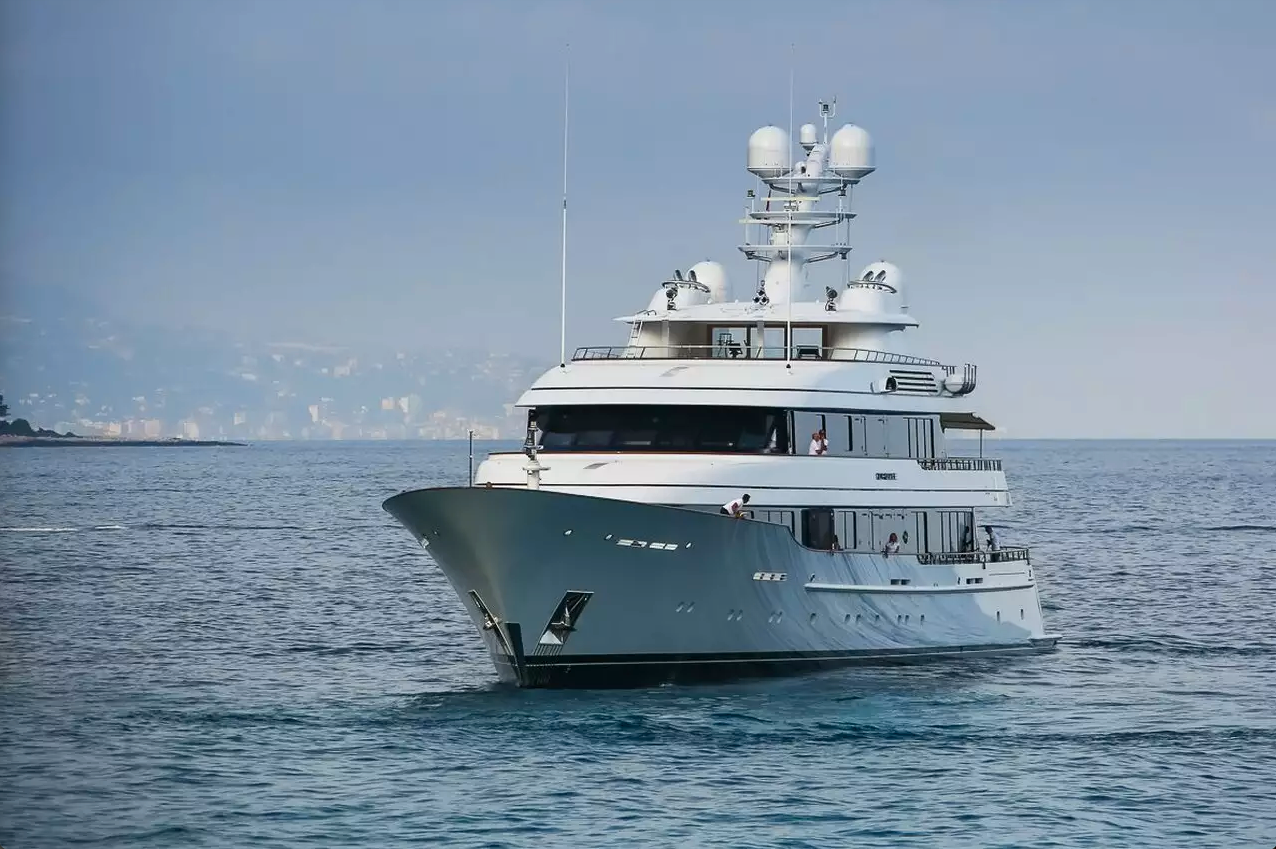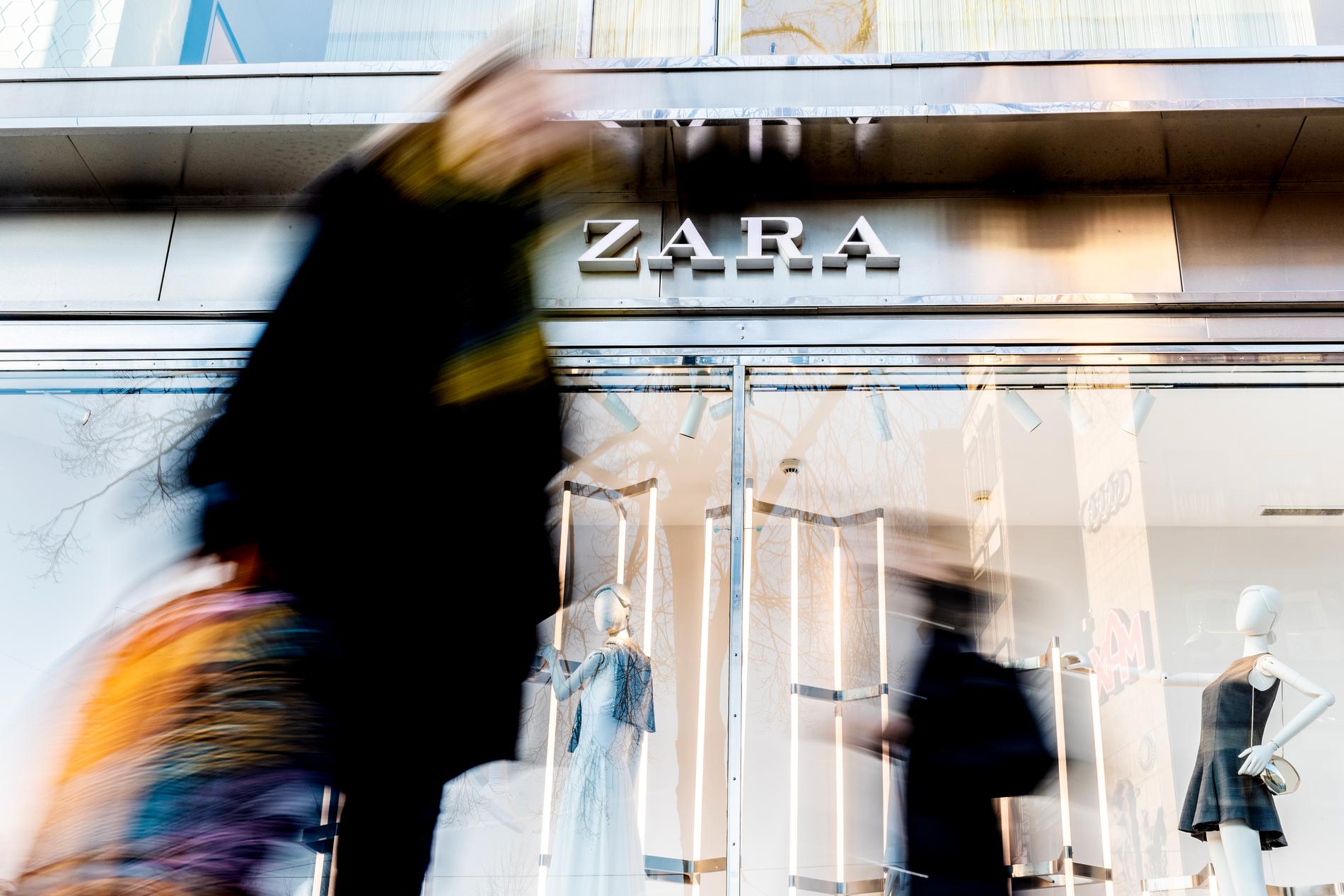Zara's criticized owner is worth 105 billion US dollars
Uppdaterad 2024-04-23 15.49 | Publicerad 2024-04-18
Zara is part of the world's largest clothing chain, Spanish Inditex, and owned by the twelfth richest person in the world.
The working conditions for employees are terrible, both in Sweden and abroad:
"Managers kicked people out left and right as soon as there were suspicions that someone was pregnant, or sick, or had made a mistake," says a former Swedish employee.

Around the world, Spanish Inditex, the largest clothing chain and majority owner of Zara and Zara Home, employs a total of 165,000 people. In Sweden, the company follows Swedish collective agreements, but very reluctantly and often only on paper:
"The corporate culture is very hierarchical. They are not used to collaborating with trade unions. They feel that the union undermines their authority," says Daniel Karakas, ombudsman at Handels in Gothenburg.
In several of Zara's 13 Swedish stores, around 80 percent of the employees are foreign nationals, often from other EU countries.
"Zara has a system of hiring many foreign nationals who are unaware of their rights. Single mothers who know nothing about the union," says a former employee.
"There is a lot of intimidation. They give warnings to people they want to get rid of, for example, for speaking a language other than Swedish," says an employee.

However, it's okay to speak Spanish in the stores since the company is Spanish, and many managers are Spanish.
"Managers don't know Swedish laws. They aren't aware that we have something called vacation laws and something called a collective agreement," says an employee.
Several sources reveal that Zara has a system of dismissing people after a short time. This way, the stores always have new staff who are obedient.
Zara is part of Inditex, whose owner, the Spaniard Amancio Ortega, 87, has a fortune of 105 billion US dollars.
Amancio Ortega, 87, is an eccentric billionaire. He has a private jet that he almost never uses, is trying to get rid of his luxury yacht Drizzle (which is for sale for $80 million), dresses modestly, refuses to wear a tie, and eats lunch in the staff canteen.
Today, Ortega's fashion empire Inditex is the world's largest, with H&M in second place. The successes are built on the motto "give customers what they want and deliver it faster than anyone else," according to Fortune magazine.
The success recipe also includes exploiting employees.
- At Zara's subcontractors in Brazil, employees worked up to 16 hours a day under slave-like conditions, according to Impact International.
- In Myanmar, employees were dismissed when they unionized, in two factories that produced clothing for Zara, according to The Guardian.
- In Argentina, authorities closed three illegal clothing factories producing clothes for Zara because it was unsafe to work there, according to Equal Times.

Aftonbladet has been in contact with former employees in Zara's stores in other countries than Sweden, who also testify to poor conditions:
"It was a toxic work environment in London," reports a former employee.
An employee in Sweden says:
"Sometimes high-ranking executives from Spain come and check what we are doing. Then it's not fun to work, you're afraid when they're coming. Because it's our fault if we don't sell well."
Zara's managers often use pretexts that do not comply with Swedish labor laws to dismiss personnel, as shown by 200 Seconds investigation.
"In October, they dismissed many people. The reasons were pure bullshit. They told a female colleague that she had a 'bad attitude.' Even though she always smiled and was the most positive person," says a former employee from another EU country.
"When I got fired, it was like the manager had memorized what she was supposed to say. First, she said they were very pleased with me, 'you're always on time, work well, wear our uniform, look good - but I have to fire you.' When I asked why, she said 'you have a bad attitude sometimes.' When I asked her to specify, she couldn't," says another former employee from another EU country.
Zara's managers also do not hesitate to fabricate accusations:
"The manager tried to fire me for an alleged mistake. But I could prove that I hadn't done anything wrong. After that, the managers harassed me," says an employee from another EU country.
"I was wrongly accused of hitting another staff member during work hours. But the manager refused to review the surveillance cameras. In the end, I quit," says a former employee.
* This text has been translated with support of ChatGPT and reviewed by Aftonbladet.
